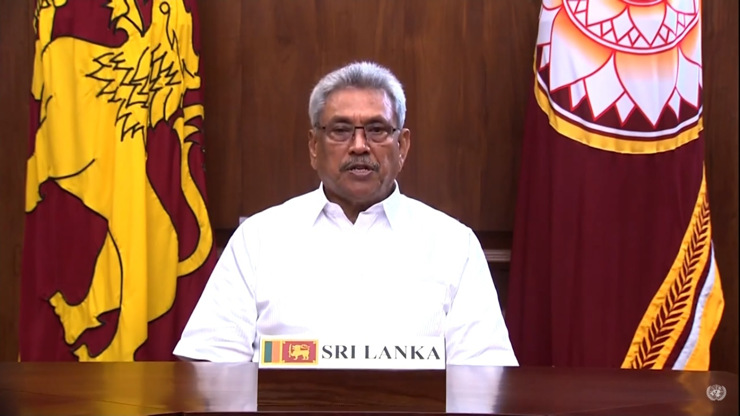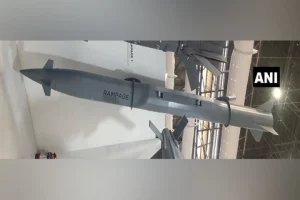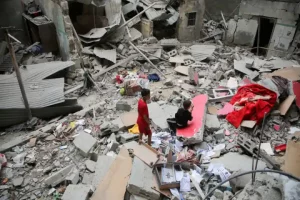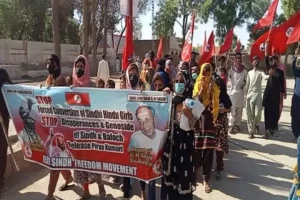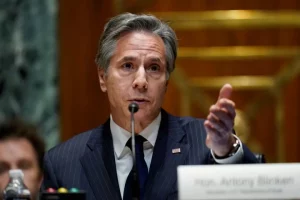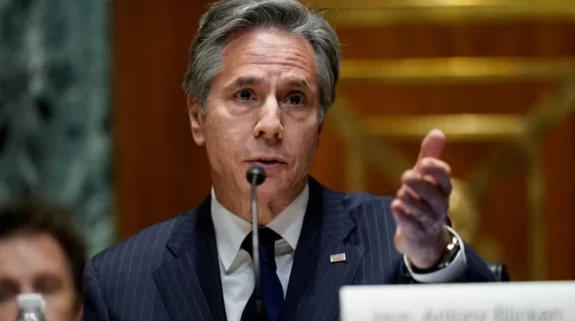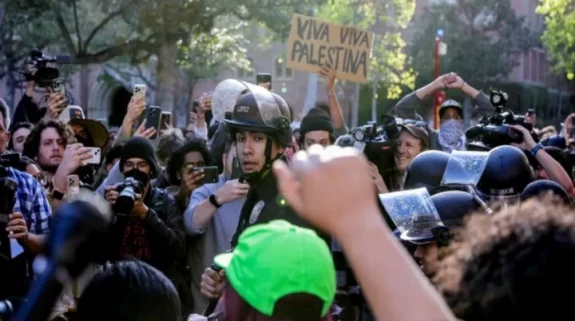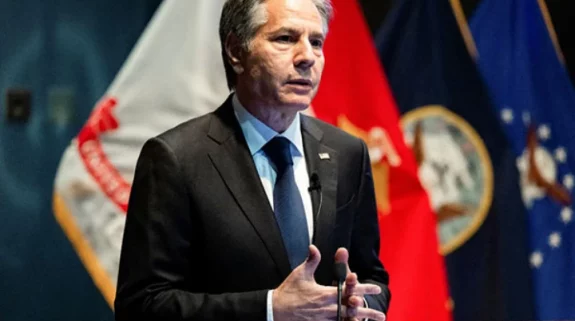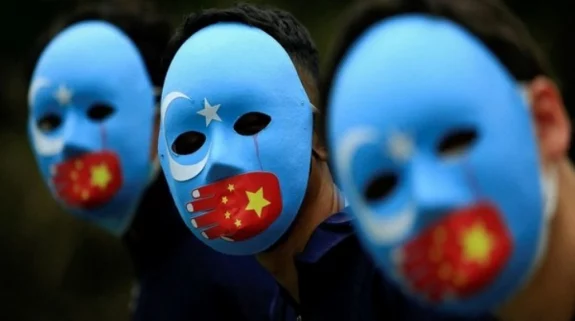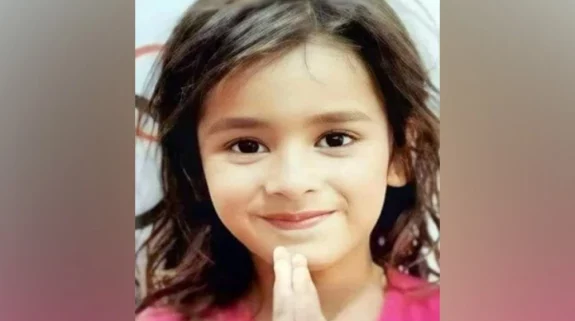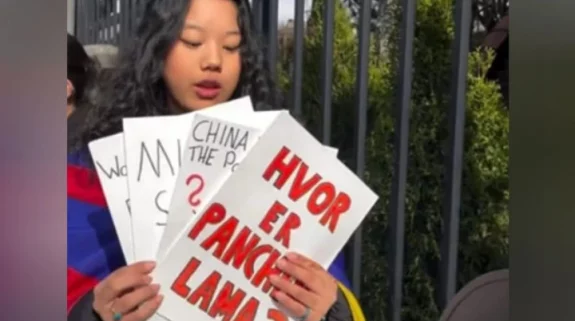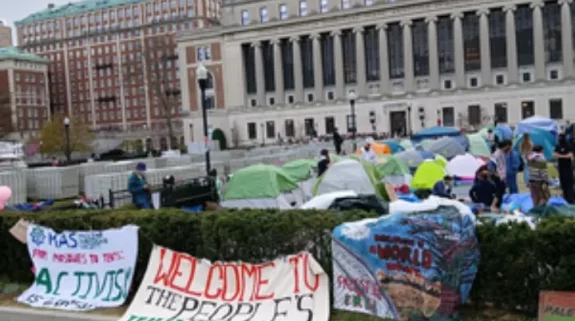The Sri Lankan committee investigating the Easter Sunday bombings will present its report to President Gotabaya Rajapaksa today. Sri Lankan Tourism Minister Prasanna Ranatunga told media persons that the government would take action against the attackers based on the recommendations of the report.
Ranatunga gave this information at a time when the country has been under heavy security during the Holy Week and the Easter Sunday.
Irrigation Minister Chamal Rajapaksa has headed the investigation committee which will also give suggestions on the next steps to curb terror activities in the island nation.
Tensions continue to simmer in the country two years after serial attacks took place on three churches and three luxury hotels killing 250 people. Local Muslim groups were found to be involved in the attacks which had a ISIS stamp.
Ranatunga said: “We can never breathe life into those who perished in the attack. What is important is to deliver justice to those affected and take measures for prevention of such senseless terrorism in the future. The previous government did a lot to appease the Muslim leaders.”
The Sri Lankan Ministry of Defence tightened security across the country as people pray for the victims of the Easter Sunday bombings on the second anniversary of the attacks. Sri Lanka also appealed to the public to be extra careful about possible violence or terror attacks. With people thronging churches, the government also issued healthcare guidelines in wake of the coronavirus pandemic.
In his Easter Sunday message, President Rajapaksa vowed to take strong action against individuals or groups found guilty for the deadly violence. Rajapaksa said: "Two years ago, when Easter Sunday was being celebrated by the Sri Lankan Christian community with utmost devotion, they became victims of the most brutal attacks by extremists. The sorrowful memory of pain and loss caused by this tragic incident had not faded away from the broken hearts of the suffering people even today.”
In measures to strengthen national security, the Sri Lankan government has taken controversial measures to curb possible terror attacks. Minorities allege the government's proposals are a bid to appease the Buddhist majority community.
The country recently banned the burqa on security grounds as well as shut down over 1,000 madrasas to deradicalise its Muslim citizens, about 10 per cent of its population. The government's decision has not gone down well with the Muslim minority as well as gender activists.
The government is also under attack for not allowing Muslims to bury bodies according to Islamic practices due to the fear of Covid-19. The government has been cremating the bodies, which is against Islamic practices. The reason given by the government was that burial of bodies could lead to coronavirus contamination of groundwater.
It is not just these decisions. In the wake of the bombings, the Sri Lankan government has armed itself with enormous powers to ensure that a repeat of the Easter bombings does not happen. In one of its anti-terror powers that it gave itself, the forces can detain suspects for two years if they are found to be indulging in radical or extremist activities.
Sri Lanka has come under severe international criticism from human rights bodies as well as many muslim nations for all these actions which it has taken over the last two years. However, the government of President Rajapaksa remains unfazed as it carries on with investigations into the Easter attacks as well as continues to take controversial decisions over national security.






